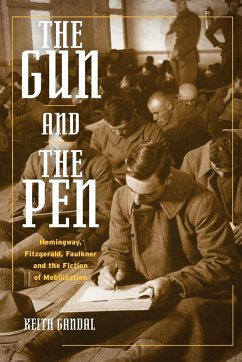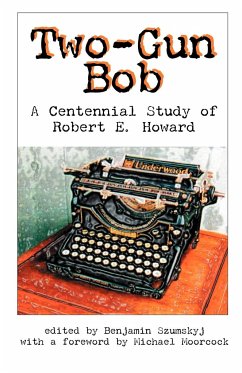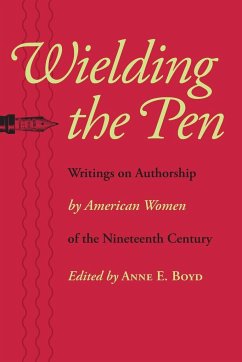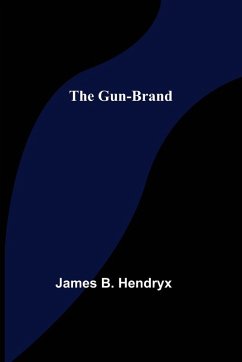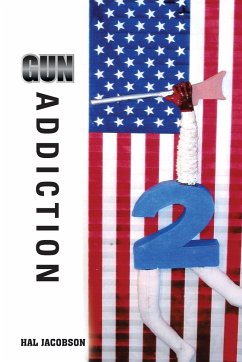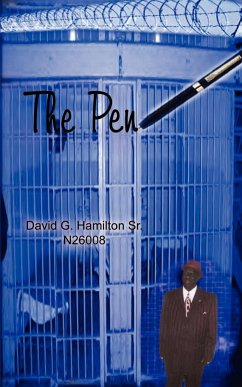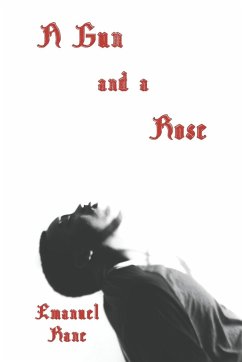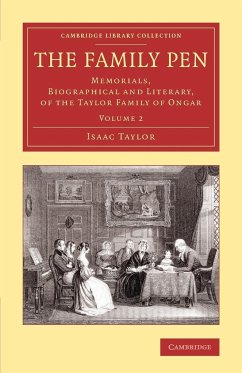
The Gun and the Pen
Hemingway, Fitzgerald, Faulkner, and the Fiction of Mobilization
Versandkostenfrei!
Versandfertig in 1-2 Wochen
98,99 €
inkl. MwSt.
Weitere Ausgaben:

PAYBACK Punkte
49 °P sammeln!
Gandal contends that The Great Gatsby, The Sun Also Rises and The Sound and the Fury were all written by men who were greatly influenced by their shared frustration of not serving in the American military's colossal war effort. At the same time, these same authors also observed, among other startling developments, the Army's first egalitarian treatment of ethnic or hyphenated-Americans in regard to officer selection. The Great War mobilization shaped large-scale shifts in American life, including the meritocratic assignment of recruits to military rank based on intelligence testing, rather than Anglo-social and family background; an unprecedented military propaganda campaign aimed at fighting venereal disease and the redefinition of masculinity as chaste, chivalrous and athletic; the incarceration of tens of thousands of prostitutes as well as "promiscuous" women in an effort to police American female sexual behavior; and a dramatic but failed effort to ban sexual contact between American troops and French prostitutes. Mobilization Fiction involves a fundamental rethinking of these three novels, as well as other modernist postwar prose of the 1920s and 30s, in view of this essential history of the Great War mobilization.
Ernest Hemingway, F. Scott Fitzgerald, and William Faulkner stand as the American voice of the Great War. But was it warfare that drove them to write? Not according to Keith Gandal, who argues that the authors' famous postwar novels were motivated not by their experiences of the horrors of war but rather by their failure to have those experiences. These 'quintessential' male American novelists of the 1920s were all, for different reasons, deemed unsuitable as candidates for full military service or command. As a result, Gandal contends, they felt themselves emasculated--not, as the usual story goes, due to their encounters with trench warfare, but because they got nowhere near the real action. Bringing to light previously unexamined Army records, including new information about the intelligence tests, The Gun and the Pen demonstrates that the authors' frustrated military ambitions took place in the forgotten context of the unprecedented U.S. mobilization for the Great War, a radical effort to transform the Army into a meritocratic institution, indifferent to ethnic and class difference (though not to racial difference). For these Lost Generation writers, the humiliating failure vis-à-vis the Army meant an embarrassment before women and an inability to compete successfully in a rising social order, against a new set of people. The Gun and the Pen restores these seminal novels to their proper historical context and offers a major revision of our understanding of America's postwar literature.




